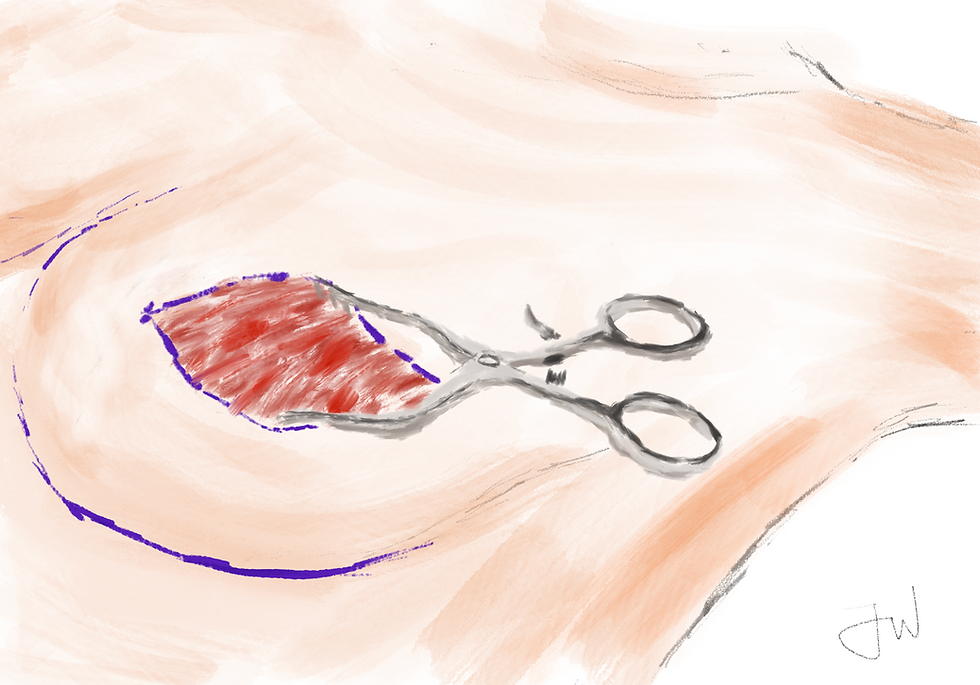Introducing: Reconstructive Criticism
- John Winton
- Mar 29, 2025
- 3 min read
Updated: Apr 1, 2025

Those who know me well may be surprised that I am starting a blog. To say I was not a big fan of my English classes growing up would be an understatement. I despised writing. In comparison to the orderly rights and wrongs of math and science, a rubric system with categories such as "Excellent", "Good", and "Needs Improvement" seemed arbitrary and unfair.
I looked forward to the day of my last English class, and when it came in undergrad, I celebrated. As a medical student, I thought, I would no longer have to write essays! Being in my research semester now with a couple of manuscripts on the way, I now see this was a fundamental misunderstanding of the field. But for all the scientific writing I continue to do as a means to disseminate my findings, I found myself assembling plans to start a blog.
Perhaps it was not the act of writing that made me grumble in my English classes, but the subject matter and manner of evaluation. To this day, I do not think an essay grading rubric carries much material use. More than that, I think I disliked writing about subjects and books that I did not have much interest for.
I have always believed in separating hobbies with what you pursue academically and professionally. Of course, the latter must be based on your passions, but the only way to ensure continued carefree enjoyment of a subject is to prevent it from ever being a requirement. I love visual arts and yet I strongly refused to take any graded class on drawing or painting. When the lines become blurred between hobby and assignment, is it truly a hobby anymore? I best enjoy art when it gives me nothing material in return. No grade, no money.
What I'm learning with writing is that the opposite can also be true. Removing something from your professional pursuits can grant you the opportunity to reclaim that activity as something you enjoy. When the coersion is gone, you can begin to learn how to value it on your own. The writing classes eventually stop but human identity demands that you think critically and imagine. Neither of these stop when you turn in your final analysis or narrative essay—they just lose their outlet.
In reality, I had so many ideas and opinions about what I was witnessing in my medical education and the current state of the field—and I wanted others to hear about them too. The culmination of that desire is my newest project: "Reconstructive Criticism". I can hardly think of a phrase more intertwined with writing than constructive criticism. Growing up, my dad would read all my school essays and remind me that his comments were not meant to be insulting, but constructive criticism. As the name also suggests, I have many thoughts to share about the field of plastic and reconstructive surgery that will be featured throughout this project. Finally, I want to leave the blog open-ended for me to respond with my own opinion and informed criticism on other medical news and health-related questions.
I would not suggest looking to this blog to demonstrate extraordinary writing ability. I don't plan on writing award-winning pieces or worrying too much about the rules of English grammar. My goal is to simply communicate my thoughts on surgery and medicine to you, the reader. Such is the end goal of language anyway.
I hope you will follow along for some plastic surgery and medical insight! I would also like to acknowledge the English teachers in my life for subconsciously teaching me the benefits of a liberal education and the ability to express one's thoughts. I may not have realized it at the time, but I am now!

Comments